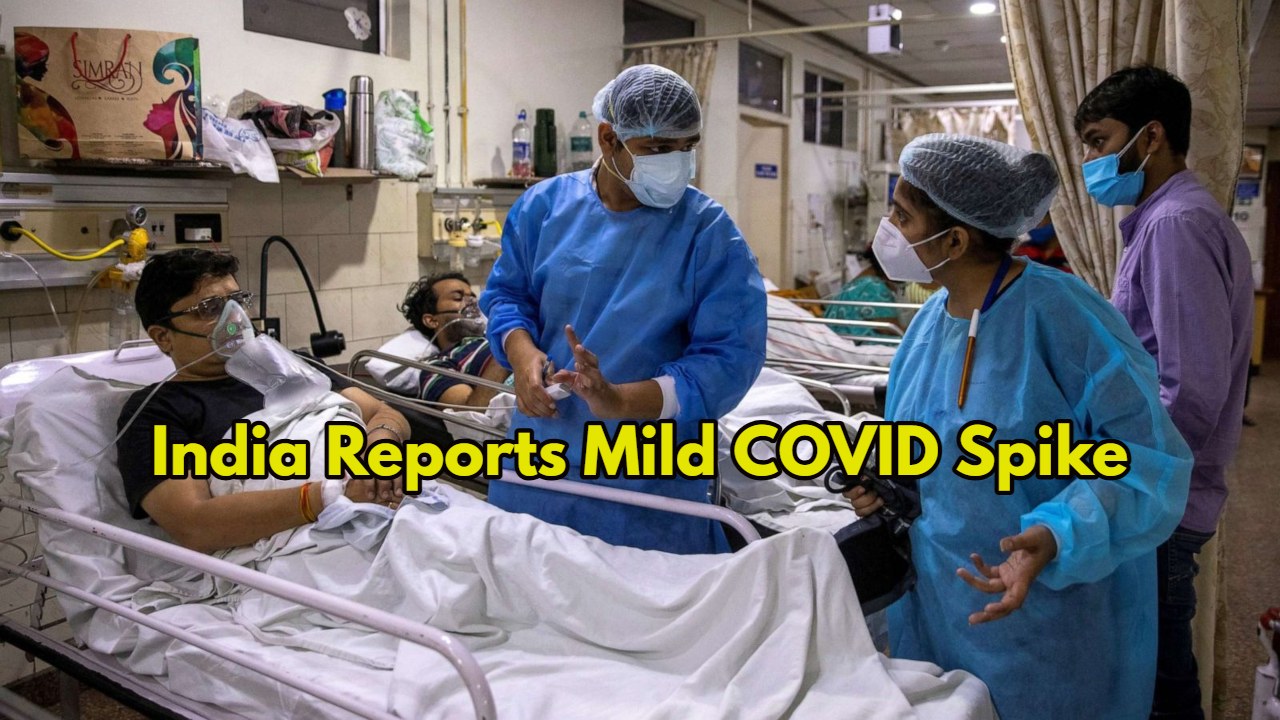As per the official statement, the COVID-19 cases are increasing, but these cases are mild and no hospitalization is required.
Even after the small spike in the number of the Covid cases, the situation is under control, as per the official of India stated on Monday.
An emergency meeting was conducted between various departments including Emergency medical relief division, Disaster management cell, Indian council of medical research, national center of disease control and central government hospitals after the surge in covid -19 cases in Singapore and thailand.
Also Read: 12 Spies Caught in India: ISI Web Unravels from Delhi to Pakistan
India to worry after spike in Covid cases?
As per the sources, “As per the preliminary information available, the cases are mostly mild, not associated with unusual severity or mortality.”
Based on the country’s population, the number of cases was very low in INDIA. As per the review meeting, which was conducted, it was finalized that the situation is under control for now.
After the review meeting of experts from the NCDC, EMR Division, disaster management cell, ICMR, and central government hospitals was convened under the chairpersonship of DGHS (Director General of Health Services). The main conclusion of the meeting was that the COVID-19 situation in India remains under control. The number of active COVID-19 cases in India stands at 257, which is a very low figure as per India’s population.
As per the officials, they have added a robust system for continuously monitoring the COVID-19 cases and Respiratory Viral Illness in the country. This is being done through IDSP ( Integrated Disease Surveillance Programme and ICMR.
Also Read: Pakistan Spy Ring Busted in Haryana: YouTuber Among 4 Held
Rise in COVID in Asia
There is a sudden rise in the cases of COVID-19, due to the Omicron Variant JN.1 and its descendants related to it. The sire is seen in Southeast Asia, Singapore, Thailand, and Hong Kong. With the total case of 14000+ each, Singapore, Thailand, and Hong Kong are at risk.
In August 2023, the first strain of JN.1 was found, and was designated as “Variant of Interest” by WHO (World Health Organization) by December 2023. Around more than 30 mutations of the JN.1 variant and among them are LF.7 and NB.1.8.
